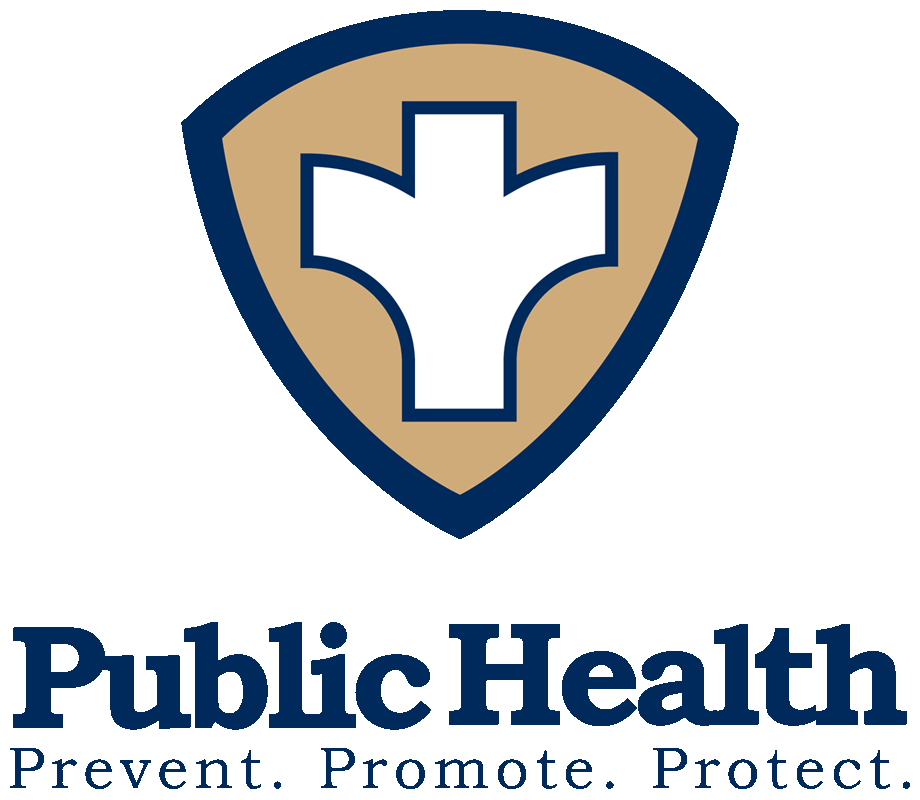Local Doctor Talks about COVID Hospitalizations
During the Delta surge, Dr. Tom Nichol, a hospitalist at Mid-Columbia Medical Center, has managed many COVID patients. At one point, of the COVID-19 patients he saw, 17 in a row were unvaccinated.
“That should tell you something,” he said.
Dr. Tom Nichol
And some of them died.
“These are people who elect not to get the vaccine,” he said, “so that was a really hard thing for me to see people marching on to die from this who would have survived if they’d had a vaccine.”
By comparison, he said, “I have not seen a single patient require hospitalization because of a COVID vaccine-related situation. And we have had about 20 people, give or take, who have died in our hospital from COVID. And that does not include the people who we were transferring emergently out the door nearing death who may have died in transit or at the other hospitals.”
He acknowledges there can be rare negative health effects from vaccines. But he tells people, “People die in cars every day, but you still willingly got in a car to drive to the hospital. The vaccine is safer than driving your car.”
He said, “I’ve seen a lot of things in 33 years. I’ve seen absolutely nothing like this virus. This looks nothing like influenza.” The x-rays are different, the CT scans are different, the symptoms are different.
Some hospitalized COVID patients just need a little bit of oxygen. They otherwise feel and look fine. But their oxygen level is so low they should feel short of breath, but don’t. “We’ve rarely seen that in any other disease state,” he said.
But more ill patients struggle to get air, breathing 40 times a minute when normal is 12-16 times. “They’re huffing and puffing, they’re sweaty, they feel awful.”
The hospital stays are long, usually 6-12 days, some close to a month. And they can’t have visitors. “They’re not able to have the touch of a family member, so it’s been really hard to see this over and over. Especially when I managed 17 in a row. These were preventable situations.”
He tells patients, “You should get vaccinated and tell everyone you know to get vaccinated.” Some are dug in and won’t get vaccinated. But he tells patients nonetheless, just like he tells smokers to quit smoking.
If patients worsen enough to go on a ventilator, they often get transferred to another hospital.
But during the Delta surge, finding another bed was hard. One MCMC hospitalist made more than 20 calls looking for one. They shipped patients as far away as Seattle. One Idaho doctor who called MCMC looking to transfer a patient told Nichol that MCMC was the 50th hospital he’d called -- and MCMC didn’t have a bed either.
“The people I work with at this hospital, my fellow hospitalists, the ER doctors, the nurses, the CNAs, these people are my heroes. They are coming to work every day and trying to be kind, compassionate deliverers of medical care in a highly challenging situation.”
Patients with the Delta variant of COVID haven’t respond as well to the treatment that had worked well earlier, which is placing patients on their stomach for long periods and administering dexamethasone, a steroid.
Sometimes Delta patients get worse. “And then they suddenly go over a cliff. It’s often a very rapid decline at the end.”
People who have died at MCMC of COVID ranged from their 30s to their 90s, from all walks of life, Nichol said. “It’s been hard to witness.”
Those who die “usually have had quite a bit of time to process all this. Generally they’re requiring increasing levels of assistance. The patients commonly have a significant amount of fear as the disease progresses. A few have come to some degree of acceptance regarding their illness.”
They also often died without family at their side, “which is really hard,” he said. “Due to the sudden decline that can occur, we often don‘t have time to notify family in advance. Many times we have had to contact the family as we are trying to resuscitate the patient who has arrested.”
“I go out in public and see people not wearing masks,” Nichol said, “because people don’t see the reality if you get this and get the severe form, what’s going to happen to you.”
People can let their guard down around people they know and don’t mask up or socially distance. “I joke, ‘At least you can’t get COVID from people you know.’” Of course, he said, “That’s the main people you’re going to get it from.”
The new Omicron variant “gives me great concern,” he said. It’s too early to tell if vaccines will still be protective, “but we think it will. This is to say, this is the time people should highly consider a vaccine if they haven’t because it is still by far the best tool we have to protect you from dying from this, or being severely debilitated.” It’s also important to get a booster if you’re already vaccinated, he said.
The bottom line, he said, is “vaccinate, vaccinate, vaccinate.”
(For more information, please visit COVID-19 Vaccine in Oregon, contact North Central Public Health District at (541) 506-2600, visit us on the web at www.ncphd.org or find us on Facebook.)

